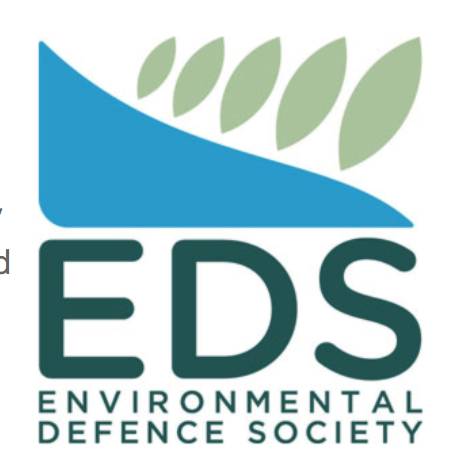The Environmental Defence Society (EDS) has finalised its submission on Action for Healthy Waterways and has filed it today with the Ministry for the Environment.
“We have made some changes to the submission following helpful public feedback on our draft over the past couple of days,” said EDS CEO Gary Taylor.
“Essentially we strongly endorse the overall approach which is to put ecological health and Te Mana o te Wai first and freshwater uses next in order of priority. New Zealand’s freshwater needs to be free of pollution and the setting of new limits for Nitrogen, Phosphorus and Sediment are the key changes in the reforms.
“Contrary to claims by DairyNZ today, the reforms have a solid scientific basis and have been robustly tested through the STAG process, a collective of New Zealand’s leading freshwater experts.
“Our submission includes an analysis of the economic impacts by Professor Tim Hazledine who concludes that the implementation costs are affordable. We have also included a redraft of the NPS-FM to remove drafting errors and ambiguities. Thanks to Auckland law firm Berry Simons for assistance with that work.
“The key omission in the reform package is endorsement of the need for a Freshwater Commission to provide guidance and oversight of implementation. This is critically important requirement especially given the new timeframes proposed.
“Having now worked though the proposals in detail we do agree that there are elements of the proposals that could be adjusted to reduce costs to farmers. These include abandoning the proposal for compulsory Farm Environment Plans and easing up on the regulations relating to stock exclusion.
“However we are bewildered by the scaremongering approach being adopted by DairyNZ in media commentary today, which is clearly exaggerating costs and impacts and seems resolutely intent on continuing to pollute our waterways. This provocative and self-serving approach is taking dairying a long way from gaining a social licence to operate.
“Whatever the true costs of removing pollution are, they are in effect a subsidy for the sector and farming groups need to face up to the fact that can’t continue,” Mr Taylor concluded.
The EDS submission is available here.





